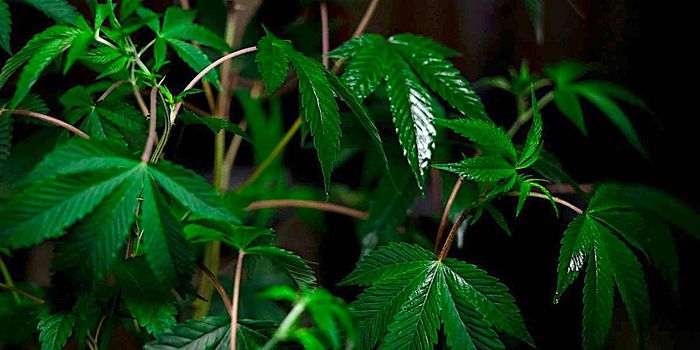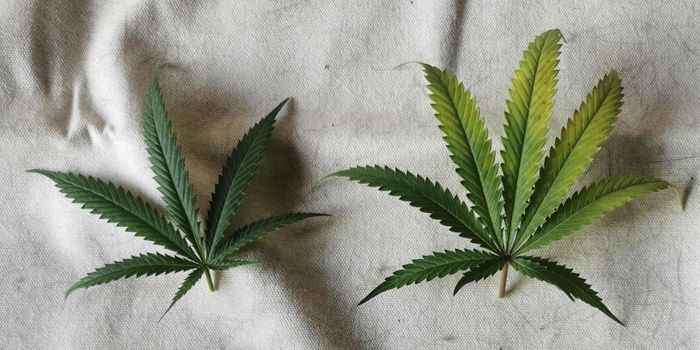Coffee Impacts the Endocannabinoid System
A cup of coffee can be great to feel awake in the morning, but that morning joe is also known to have an impact on many other aspects of physiology. Now, scientists at Northwestern Medicine have found that coffee can affect chemical signals that have been linked to cannabis. They also learned that coffee can impact steroid metabolism. The findings have been reported in the Journal of Internal Medicine.
In this study, habitual coffee drinkers ceased having any of the stuff for a month, then spent a month drinking four cups a day and another month consuming eight daily cups. The scientists looked at the levels of certain metabolites in the blood following coffee consumption and were surprised to see how many had changed.
The scientists found that molecules called endocannabinoids decreased after people drank coffee - in effect, the reverse of the impact from smoking marijuana. Endocannabinoids are a diverse group of molecules that can attach to cannabinoid receptors; they are naturally produced by our bodies. Cannabinoids are similar molecules that give marijuana its medicinal and recreational characteristics.
The endocannabinoid system, made up of endocannabinoids, their receptors, and pathways, has important roles in many biological functions including regulating the stress response (and is outlined in the video). Some endocannabinoids decrease during periods of chronic stress, noted the lead author of the report, Marilyn Cornelis, assistant professor of preventive medicine at Northwestern University Feinberg School of Medicine. The scientists also found that drinking coffee was associated with a decline in the levels of endocannabinoid pathway blood metabolites.
"The increased coffee consumption over the two-month span of the trial may have created enough stress to trigger a decrease in metabolites in this system," Cornelis said. "It could be our bodies' adaptation to try to get stress levels back to equilibrium."
Other functions influenced or regulated by the endocannabinoid system include sleep, cognition, addiction, appetite, energy, glucose metabolism, blood pressure, and immunity.
"The endocannabinoid pathways might impact eating behaviors," added Cornelis, "the classic case being the link between cannabis use and the munchies."
The study also revealed that coffee was impacting metabolites that are related to the androsteroid system, suggesting that coffee could be encouraging the elimination of steroids.
One caveat of the study is that it is unknown whether caffeine or coffee is responsible for the effects they observed. Coffee has previously been linked to helping people lose weight or reduce their risk for type 2 diabetes.
"This is often thought to be due to caffeine's ability to boost fat metabolism or the glucose-regulating effects of polyphenols (plant-derived chemicals)," Cornelis explained. "Our new findings linking coffee to endocannabinoids offer alternative explanations worthy of further study.”
Sources: Science Daily via Northwestern University, Journal of Internal Medicine









